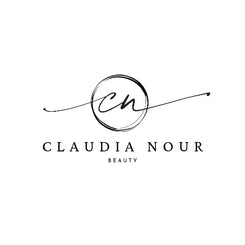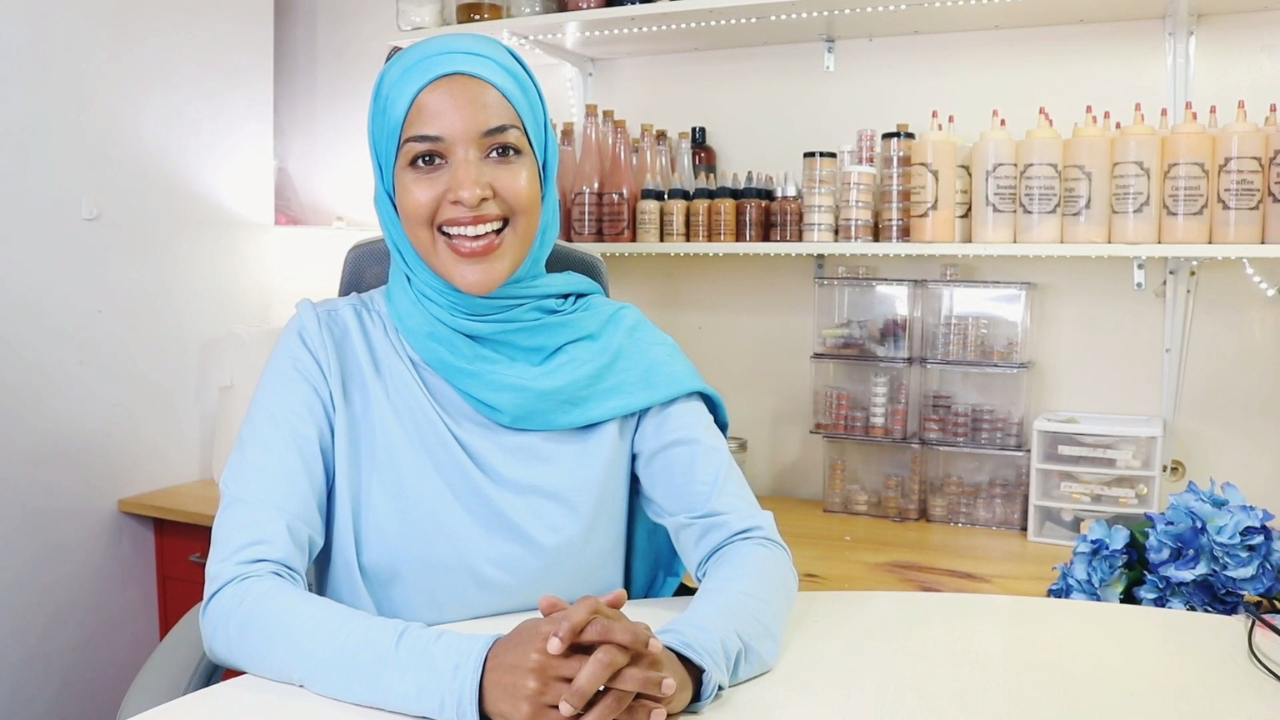
Your skin is not simply skin . It's a complex system that is constantly working to keep you safe, healthy and thriving.
Within that system there are layers, and each one collaborates with the other to run everything smoothly.
The layers of the skin
We start with the epidermis, the outermost layer of your skin. This is where water is retained to keep your skin hydrated and where new skin cells are produced. The epidermis contains important cells like keratinocytes, melanocytes (which are responsible for your skin color), and immune cells that help protect against pathogens. Notably, there are no blood vessels in this layer.
Next is the dermis, the layer beneath the epidermis. This layer provides your skin with strength, elasticity, and structure, thanks to proteins like collagen and elastin. It also houses blood vessels that supply nutrients and oxygen to the skin, as well as nerve endings that allow you to feel sensations like touch, temperature, and pain. The dermis is also home to sweat glands, sebaceous (oil) glands, and hair follicles, all of which play essential roles in skin function and overall health.
Lastly, we have the hypodermis, also known as the subcutaneous tissue. This is the deepest layer of the skin. It’s where fat is produced and stored, helping to cushion and protect your internal organs. This layer also plays a key role in temperature regulation and serves as the bridge between your skin and underlying muscles and bones. The fat and connective tissue here provide insulation and support for the layers above.
So within the outermost layer (The epidermis) there is another set of layers...we wont go into those in this blog,
So where is the moisture barrier?
the moisture barrier refers specifically to the outermost part of the epidermis, not all three layers.
More precisely, it's called the stratum corneum, which is the top layer of the epidermis. This layer acts like your skin's shield — it's made up of dead skin cells (corneocytes) held together by lipids (like ceramides, cholesterol, and fatty acids), and its job is to:
- Prevent water loss from the inside
- Block out irritants, bacteria, and allergens from the outside
When it’s intact, your skin feels soft, calm, and balanced. But when it’s damaged? You’ll know it. Sensitivity, dryness, flaking, redness, and breakouts are often signs your barrier is crying out for help.
So what weakens it?
-
Overwashing
-
Harsh exfoliants or actives
-
Cold weather or dry heat
-
Stress and poor sleep
-
And sometimes… just doing too much
I learned this the hard way.
My personal experience

As you may (or may not know) before converting to Islam I was in the beauty pageant/modeling industry,
And since I was about 17, there was hardly a day where I would go without makeup,
It was second nature because the environment I was in called for it.
And of course, the makeup I wore was formulated with one goal in mind: Make your skin look flawless,
and it certainly did,
but after it was removed, the story was quite different...😭
So I started trying different products and strategies to make my skin improve. Now I must also say that this was the time harsh skincare was the trend (proactive, st Ives scub, lemong and baking soda on your face everyday, etc). So I tried all of those, plus more, like a stint of dermabrasions that left my skin red, scaly and with so many bumps.
It was rough. Mentally, emotionally and physically.
My skin never stood a chance with this approach and after a decade in this back and forth, I reached a breaking point.
I had had enough of having skin with a personality disorder...some days it was oily, other days it was sensitive and the rest of the days it was just dry..
So I stopped everything, and began from scratch. I was so scared to put anything on my skin that I started making my own products, with the most gentle ingredients available. (This is why you see a lot of oats, calendula, chamomile and clays in my collections)
I learned, through reading and by first hand experience, the consequences of a damaged moisture barrier,
And that's why I wanted to share with you all I've learned.
In this series, we’re going to take a gentle and natural approach to rebuilding it, starting with the question:










![My No-makeup journey so far - [10 years]](http://claudianour.com/cdn/shop/articles/10_year-678172.jpg?v=1726756250&width=1)
